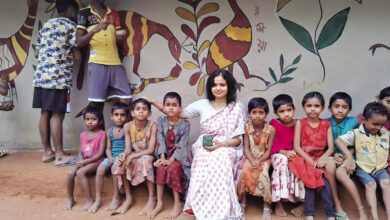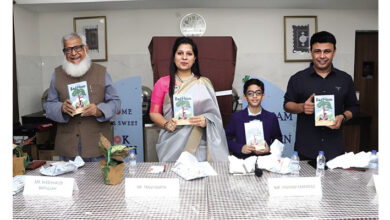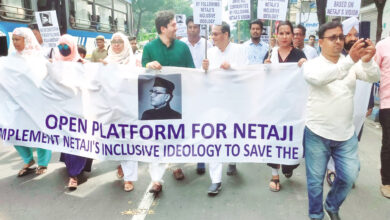The Woman in Power
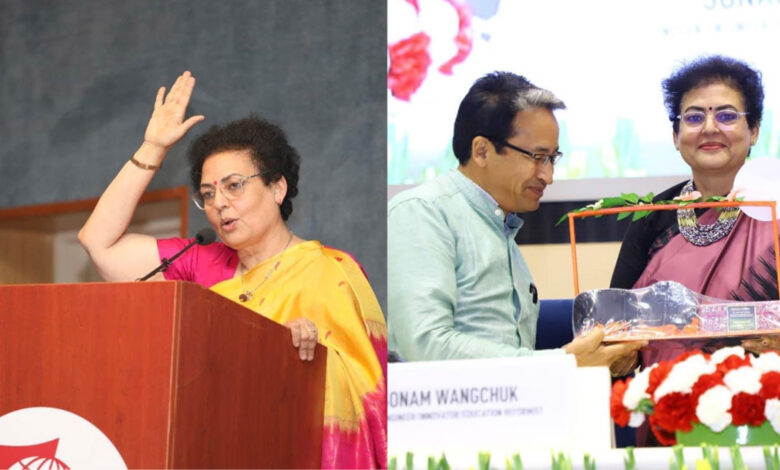
NCW primarily is for the rights of women in India and to address their problems and distresses. What approach does the NCW follow while conducting campaigns, workshops, consultations, awareness etc. contributing to the Indian woman’s overall security, mainly amongst the rural population?
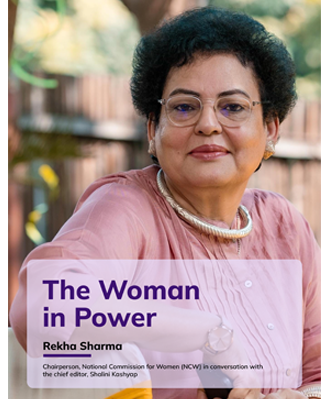
The NCW follows a multifaceted approach to address the problems faced by women in India, especially those in rural areas. Our campaigns, workshops, consultations, and awareness programs aim to raise awareness about women’s rights, empower them to speak out against discrimination and violence and promote gender equality. We work with various stakeholders, including NGOs, and government agencies, to create a safe and supportive environment for women.
Many women approach the NCW in a way of reporting, as a reliable option for women in distress. How do you view the effectiveness of NCW based on this number?
The number of complaints received by the NCW is a reflection of the increasing awareness among women. The NCW is committed to addressing every complaint with sensitivity and urgency and providing justice to the victims.
What are the challenges before you as the chairperson of the National Commission for Women in the present scenario?
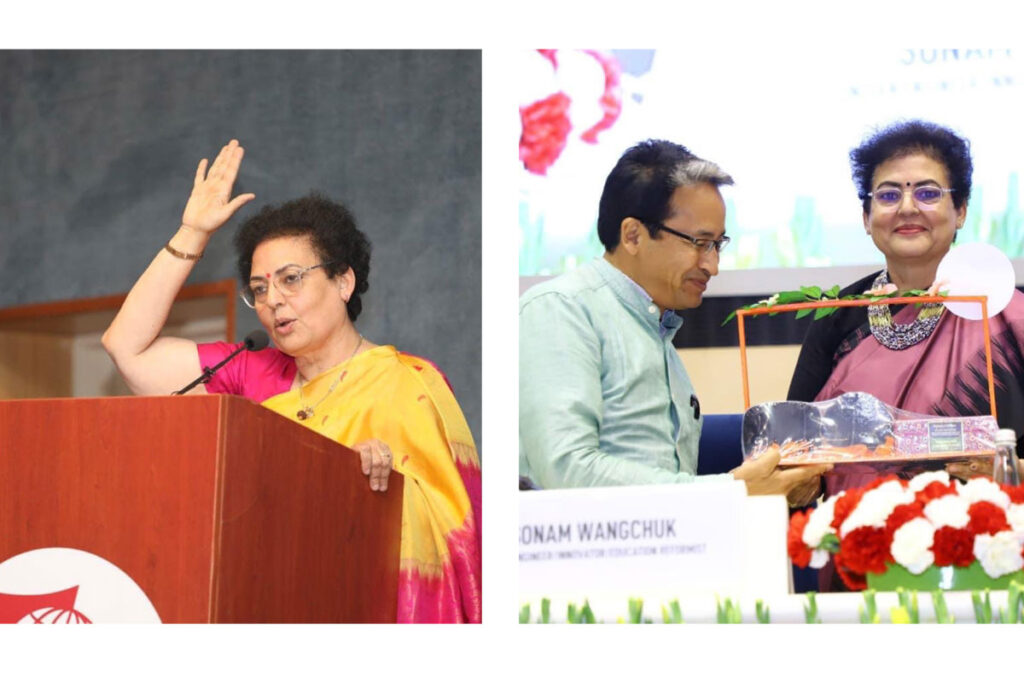
The challenges before the NCW are manifold, including addressing the incidences of violence against women, ensuring gender justice, promoting women’s economic empowerment, and creating a safe and enabling environment for women in all spheres of life. We are constantly working towards creating an ecosystem that empowers women and addresses their concerns.
Where can women register their complaints? Directly with the National Commission for Women or do they have to approach the State Women’s Commission first?
Any woman can register her complaint directly with the National Commission for Women. In addition to our robust complaint mechanism, we also have a 24/7 helpline number for immediate support and assistance.
In our country, domestic violence is on the rise. Most of the women do not file complaints due to fear of defamation and keep on tolerating physical and mental harassment as their destiny. What is your message to such women?
To women who are suffering from domestic violence, I would like to say that they are not alone. The NCW is here to support them and help them seek justice. I urge women to speak out against any form of violence and not suffer in silence. They must remember that they have the right to live a life free from fear and violence.
Most acid attack is “gender-based”. Females are more likely to suffer acid attacks. What is the strategy of the Commission for quick action against acid attack criminals?
The NCW’s strategy to combat acid attacks involves both preventive and remedial measures. We work towards creating awareness about acid attacks and their legal consequences, regulating the sale and purchase of acid, and providing support to the victims. We also collaborate with the police and other law enforcement agencies to ensure that the perpetrators of such heinous crimes are brought to justice.
Are sections 326A and 326B of the Indian Penal Code sufficient to prevent serious crimes like acid attacks? Should it be amended?
While sections 326A and 326B of the Indian Penal Code are important legal frameworks to prevent acid attacks, there is a need for more stringent laws to ensure the safety of women. The NCW is constantly advocating for legal reforms to strengthen the existing framework and ensure that the perpetrators are punished severely.
Another main area of your interest has been capacity-building programmes for police personnel in India. In recent times the response of police personnel in the area of sexual assault has been broadly condemned. What development plan, if there is any, has been designed by the NCW to improve this situation? How effectively do the police inform the victim of their right to legal assistance or offer legal aid?
The NCW is working closely with the police to improve their response to cases of sexual assault. We have designed capacity-building programs to sensitize police personnel towards gender issues, improve their investigative skills, and enhance their understanding of victim support. We also collaborate with NGOs and civil society organizations to provide legal aid and support to victims.
In what ways can the public participate in furthering your goals? Does NCW have a public volunteering program? If yes, kindly elaborate.
The public can participate in furthering our goals by creating awareness about women’s rights and gender equality, and by reporting any incidents of violence against women. The NCW does not have a public volunteering program as such, but we encourage individuals and organizations to work with us towards creating a safe and enabling environment for women.
You are the wife of an army officer and always ready for your social responsibilities. What are your priorities for women and children of families of defence personnel?
Even as the wife of an army officer, my priorities have always been for the welfare of all also including ensuring access to all the necessary support and services, including health care, education, and employment opportunities for the families of defence personnel. We are working towards creating a supportive ecosystem for all.
What is your message for women on International Women’s Day?
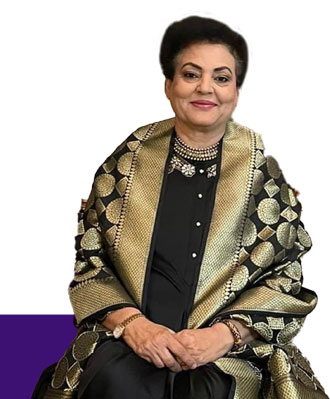
On International Women’s Day, my message to women is to stay strong, speak out, and assert their rights. I urge women to support each other and work towards creating a world where gender equality is a reality. The NCW is committed to creating an enabling environment for women, and we will continue to work towards our goal of gender justice and empowerment.


